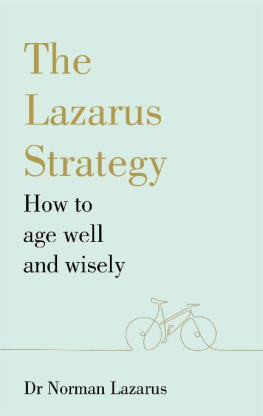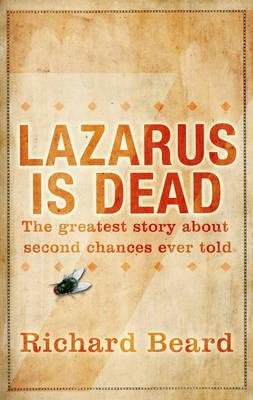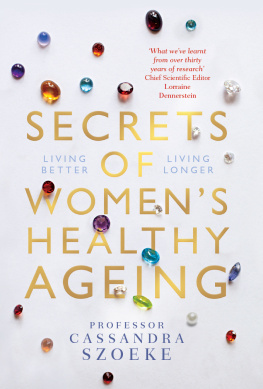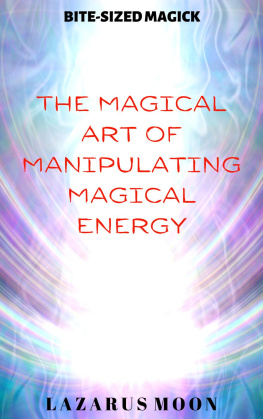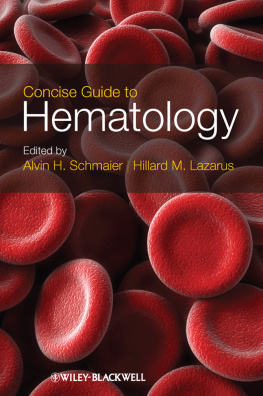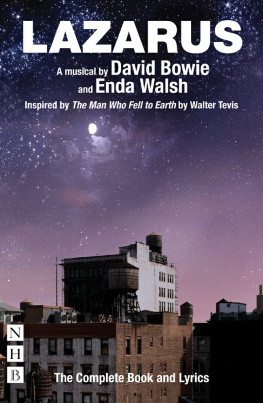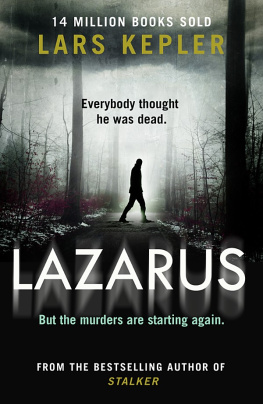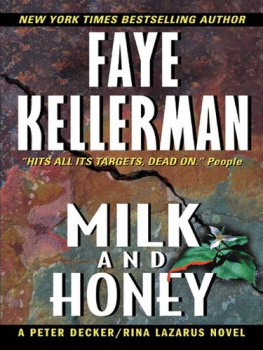Dr Norman Lazarus is a qualified medical doctor and scientist. He has worked in academia, in industry with the Wellcome Foundation and in the Department of Health. He retired aged 59. During retirement he took up long distance cycling and walking. He became the Audax UK Veteran Champion and with his wife completed many long distance walking paths in the UK and abroad.
Aged 70 he returned to academia to study Healthy Ageing at Guys Campus, Kings College London with his friend and colleague, Professor Stephen Harridge. Over the next 15 years their research, with other collaborators, produced many scientific papers. The research has been widely reported in media around the world and has been shown on BBC News, BBC Health and recorded by Channel 4 and Canadian TV.
In 2018, Norman was included on The Sunday Times Alternate Rich List. At 84 he continues to carry out research on how to age well and wisely and is still cycling.
The Lazarus Strategy
How to Age Well and Wisely
Dr Norman Lazarus
www.yellowkitebooks.co.uk
The information in this book is not intended to replace or conflict
with advice given to you by your doctor or other health professional.
All matters regarding your health should be discussed with your doctor,
in particular any matters that require diagnosis or medical attention.
The author and publisher disclaim any liability directly or indirectly
from the use of the material in this book by any person.
First published in Great Britain in 2020 by Yellow Kite
An imprint of Hodder & Stoughton
An Hachette UK company
Copyright Norman R Lazarus 2020
The right of Norman R Lazarus to be identified as the
Author of the Work has been asserted by him in accordance with
the Copyright, Designs and Patents Act 1988.
All rights reserved. No part of this publication may be reproduced,
stored in a retrieval system, or transmitted, in any form or by any
means without the prior written permission of the publisher, nor be
otherwise circulated in any form of binding or cover other than that
in which it is published and without a similar condition being
imposed on the subsequent purchaser.
A CIP catalogue record for this title is available from the British Library
eBook ISBN 978 1 529 37899 3
Trade Paperback ISBN 978 1 529 37669 2
Hodder & Stoughton Ltd
Carmelite House
50 Victoria Embankment
London EC4Y 0DZ
www.yellowkitebooks.co.uk
To June for love, intellectual support
and advice; you never wavered.
Thanks to Nicole and Gavin, the next generation.
To Rita, at the forefront of our generation.
Contents
CHAPTER ONE
Let Us Begin by Stating Our Purpose
He not busy being born is busy dying.
Bob Dylan
A moment ago, you decided to open this book.
Life is full of these little decisions. Perhaps you are wondering what to do next.
Heres one good reason you should continue reading: this book is about you. Or rather, it is about you and me and everybody else, and the decisions we make and fail to make.
I am a healthy 84-year-old man looking both backwards and forwards, not only at the passage of my years but also at the lives of some of my past and present friends. I am saddened to observe the many opportunities they have squandered to live healthy, happy, productive and medication-free lives.
In this book I speak chiefly to those people who would, I believe, derive immediate benefit from a change in lifestyle. That means readers primarily aged between 50 and 70, give or take a few years, who are not being treated for any major illnesses. With certain reservations, I am also speaking to those who are in their 80s and beyond. Sadly, the vast majority of people my age are living under continual medical care. Why this is so will become clear.
The language of medical research tends to be written dispassionately, as though the findings do not relate in the slightest to the lives of the researchers. In contrast, this book makes no pretence of being a purely academic discussion. I will discuss the attitudes of many scientists and health professionals to healthy ageing based on my own research and personal perspective, which may reflect your own.
What is this book about?
It is a composite of my experiences as a research worker into healthy ageing, plus my experiences as a medical doctor and as a dedicated (ageing) exerciser. What emerges from this mixture is the finding that there seems to be an overwhelming consensus in the medical and scientific community that ageing is a disease. An unusual disease, that is, in that one hundred per cent of the population will end up suffering from this disease. Not a very sunny prospect.
I have a major problem with a view that inevitably links ageing to a disease. My contrary view is firmly founded on the research of my colleagues and on the large body of evidence that has existed in scientific literature for many years. This view states that the illnesses of ageing are strongly associated with behavioural and lifestyle choices. They are not the product of the inherent ageing process.
This book charts and follows the reasoning behind the conviction that ageing is not a disease. Come with me as I review the key research and let me unravel its meaning from the perspective of a healthy 84-year-old. I hope you will enjoy the journey, and at the same time uncover and understand your biological heritage.
What is this book not about?
This book is not about medical treatments. Nor is it an in-depth examination of what is happening to your various organs and systems as you age. I abhor that approach. We, the ageing, are not collections of medical specialties. We are the sum of all our parts. Read on and you will understand why I think the piecemeal approach is entirely counterproductive.
Making decisions based on facts
Everyone of my age, or thereabouts, wishes for self-reliance and independence. How to preserve these two attributes lies at the heart of this book. It is also a rallying call, a haka, a war cry; and a blast at those who rule the research purses and those who advise and treat us.
While I will offer a great deal of practical, sensible information, I do not aim to be prescriptive. People beyond a certain age have undoubtedly earned the right to make their own decisions. We do not enjoy being lectured to. However, there is an enormous difference in making decisions that are factually based and those founded on personal judgements. I aim to influence your decisions by placing before you all that I have learned, hoping that what you read will fit with your likes and dislikes, your habits and experiences, and so influence which road you decide to take. Remember that as age creeps along the decisions you take will not only affect you, but like ripples in a pond, the consequences will inevitably affect those near and dear to you .
Another reason for my opting to speak primarily to readers aged 50 and over is learned from my own experiences. The ageing process is quite sneak y . My apology to Bob Dylan, but to me his lyric suggests that dying begins as soon as physical development stops. This means that the process ending in death starts, for most of us, at around 18 years of age. The rate of change is gentle for the first four or five decades. This gradual decay is scarcely perceived, barely acknowledged and almost never acted upon. It is a slow process that does not appear to impinge on the lifestyle of the young. Perversely, the more inactive we are, the less the decline will be noticed. If you do not demand much from your body, the limited demands can be easily accommodated, even by a diminishing physiolog y . All will seem right with the world.
Next page
